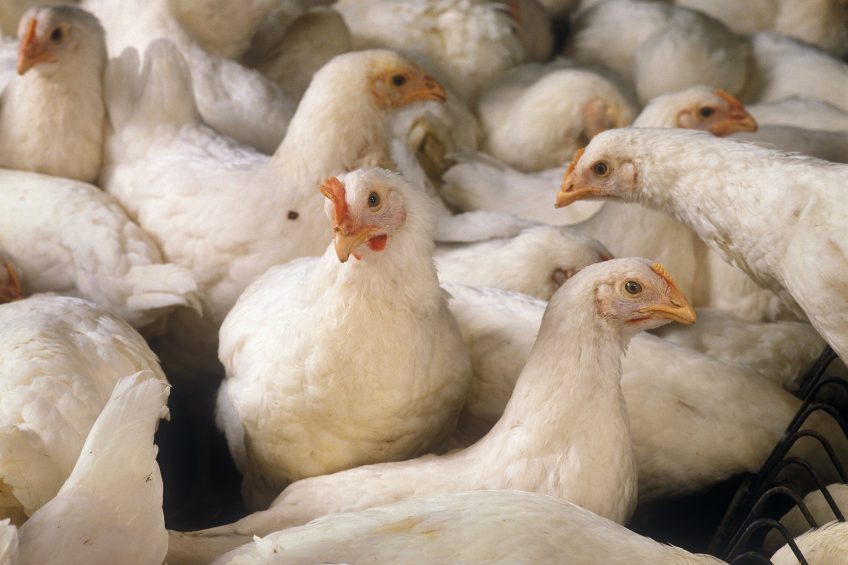Researcher looks to Crowdfunder to fund coccidiosis research

A researcher has turned to Crowdfunding, a platform normally used by entrepreneurs keen to kick-start video games, computer hardware or venture capital fund outlets, to raise money for his research into coccidiosis.
Nigerian postgraduate poultry student Idiegberanoise Oikeh is trying to raise funds to help his research into finding ways of preventing or curing chicken coccidiosis without using in-feed drugs.
Mr Oikeh, who has lectured at the School of Agriculture, Food and Rural Development at the University of Newcastle, is hoping to raise £15,000 to further his PhD research.
In-feed anti-coccidia drugs and vaccines unsustainable
Writing on the Crowdfunder website, Mr Oikeh said coccidiosis was the important disease plaguing the poultry industry across the world and that current control measures involving the use of in-feed anti-coccidia drugs and vaccines were not sustainable.
Mr Oikeh said development of drug resistance, lack of cross-species protection for Eimeria vaccines and the fact that using multiple species vaccine could cause lesions that may predispose birds to other infections.
In-feed drugs has public health issues
He is also concerned about the public health issues, claiming the in-feed drugs left deposits in broiler tissue that might become toxic to humans consuming broiler meat.
“My research focuses on having a deeper understanding of coccidian infections in broilers to help the development of control measures that do not rely on or minimises, at the least possible, the use of in-feed, anti-coccidia drugs.”
Importance of vitamin D
Mr Oikeh said results from past experiments had shown that resistance and tolerance to coccidian infection is not impaired by selection for improved performance traits in broilers and that skeletal development is not penalised to a higher degree for fast than slow growing broilers. Results also revealed that the source and level of vitamin D was important for broiler performance and bone mineralisation during coccidian infection.
Check out the interactive Poultry Health Tool – with the latest insights on the 40+ most common poultry diseases.
He is looking for funding to examine whether or not reducing early growth rate for modern fast growing broilers can improve bone mineralisation and limit penalties on skeletal development in the face of coccidian infection.














